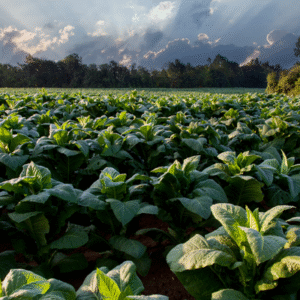The Ministry of Local Government, Rural Development and Cooperatives, in partnership with the United Nations Development Programme (UNDP) and the China International Development Cooperation Agency (CIDCA), has launched the Livelihoods Support for Urban Poor Communities in Bangladesh (LSUPCB) project in Dhaka. Funded through the Global Development and South-South Cooperation Fund under CIDCA’s leadership, the initiative aims to strengthen urban livelihoods across Dhaka North, Chattogram, Khulna, Rajshahi, and Chandpur. The project focuses on skills development, nutrition support, and small-scale critical infrastructure to empower marginalized households, aligning with national strategies for inclusive urban development.
Md. Rezaul Maksud Jahedi, Secretary of the Local Government Division, highlighted the project’s timeliness, noting Bangladesh’s vulnerability to climate change despite contributing less than 0.35% of global emissions. He emphasized that the initiative will enhance the resilience and dignity of urban poor communities. Song Yang, Commercial Counsellor at the Chinese Embassy in Bangladesh, reaffirmed China’s commitment to supporting Bangladesh’s economic and social development, stressing the importance of collaborative action to build a more equitable and inclusive society.
UNDP Bangladesh officials also underscored the transformative potential of the project. Resident Representative Stefan Liller noted that the initiative builds on over two decades of UNDP’s urban resilience and livelihoods programmes, reinforcing South-South cooperation and shared priorities under the 2030 Agenda. Project Manager Yugesh Pradhanang outlined strategies to provide skills training, nutritional support, and inclusive livelihood opportunities, particularly targeting women and children in urban poor communities.
The LSUPCB project is expected to directly benefit 100,000 low-income urban residents while strengthening institutional capacity for more inclusive and sustainable city governance. By integrating targeted community support with broader urban planning, the initiative aims to ensure that vulnerable populations are not left behind in Bangladesh’s ongoing urban transition.







